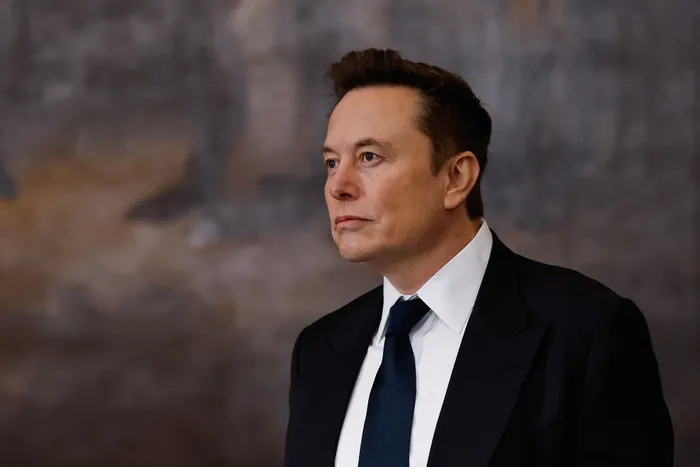What is the fuss with Starlink and what would it cost in South Africa?

Elon Musk. Understanding Starlink: Costs and controversies in South Africa.
Image: AFP
Starlink is a satellite-based internet service developed by SpaceX, the private aerospace company founded by Elon Musk.
The South African government recently issued a government gazette proposing to ease Broad-Based Black Economic Empowerment (B-BBEE) licensing requirements for satellite service companies such as Starlink.
This has drawn criticism from politicians and citizens alike. The service claims to provide high-speed broadband internet across the globe, particularly in remote or underserved areas where traditional infrastructure is limited or non-existent.
Unlike conventional internet providers that rely on underground fibre-optic cables or mobile towers, Starlink uses a network of low-Earth orbit (LEO) satellites.
These satellites orbit the planet at an altitude of around 550 kilometres, much closer than traditional communications satellites.
The shorter distance reportedly allows Starlink to offer faster internet speeds and lower latency (the delay before data begins to transfer), which is important for activities like video calls, online gaming, and real-time work.
How it works:
Satellites in orbit: Thousands of small satellites are launched into low-Earth orbit.
Ground terminals: Users install a small dish antenna, often called a 'Starlink terminal', on their property.
Signal transmission: The dish connects to the satellites passing overhead, which then relay the signal to ground stations linked to the wider internet.
User connectivity: The result is a stable, high-speed internet connection that doesn’t rely on local cable or phone networks.
Starlink is currently available in several African countries, including Nigeria, Rwanda, Kenya, Mozambique, Malawi, Zambia, Benin, Eswatini, Sierra Leone, South Sudan, Madagascar, Botswana, Zimbabwe, Burundi, Cape Verde, Liberia, Chad, Ghana, Lesotho, and Somalia.
How much it costs:
| Country | Hardware cost | Monthly subscription |
| Eswatini | R6,800 | R950 + R120 regulatory fee |
| Mozambique | R7,944 | R454 |
| Nigeria | R9,592 | R1,243 |
| Kenya | R11,618 | R1,031 |
| Malawi | R10,990 | R1,091 |
| Zambia | R9,835 | R915 |
| Rwanda | R7,770 | R942 |
| Benin | R12,289 | R921 |
| Ghana | R10,750 | R1,243 |
If it were allowed in the country, the satellite internet service would cost at least R6,000 to install, with subscriptions starting from R450 a month.
IOL Politics